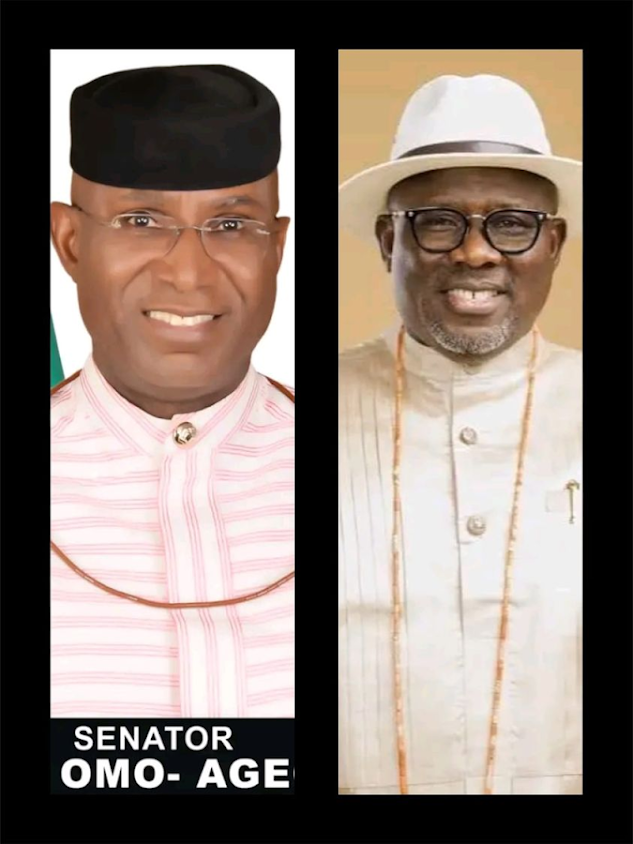Proficient management of individuals is a vital skill essential for upholding harmony and efficacy in any societal or organizational context. Yet, the incapacity of certain individuals to adeptly oversee others can result in grave repercussions. In this discourse, I delve into the adverse outcomes of ineffectual leadership, with a particular focus on the manifestation of incompetence, the apprehension of exposure, and how such factors can contribute to the rise of authoritarian regimes.
Leaders lacking
competence often endeavour to mask their deficiencies behind a veneer of
authority, refraining from acknowledging their own limitations. This obstructs
advancement and fosters an atmosphere where capable individuals are deterred from
contributing their expertise.
These leaders might
require enhanced communication prowess, emotional intelligence, or
decision-making acumen, leading to an inability to delegate tasks, motivate
their team, or mediate conflicts. Such inadequacies become progressively
evident as their managerial insufficiencies impede the efficiency and
well-being of those under their purview.
Inept management poses significant hazards to both organizations and societies. The incapability to effectively oversee others and the dread of being exposed can precipitate the emergence of autocratic rule. The fear of being unmasked as incompetent serves as a driving force behind numerous ineffective leaders.
Rather than pursuing
growth and enhancement, they resort to control and authoritarian methods,
fostering an environment where dissension is suppressed and analytical thinking
is discouraged. Instead of embracing diverse viewpoints and nurturing
collaboration, these leaders clutch onto power by surrounding themselves with
sycophants who reinforce their convictions, shielding them from dissenting
perspectives. This stifles innovation, creativity, and the overall welfare of
the entity or community they govern.
Deltans were weary of
their economy being exploited and ravaged by a clique that diverts resources
for personal gain, leaving them in destitution without the ability to resist
detrimental policies imposed by their leaders. PDP wreaked havoc in the State,
driving people to embrace Ovie Omo-Agege and APC as an alternative to stagnation.
Instead of opting for
free and fair elections, they chose electoral theft. They orchestrated an
electoral coup. Their decision involved corrupting election personnel and
financially coercing officials into manipulating votes. Does anything truly matter?
Except for financial gain.
Reflect for a moment on
the journey that brought us to this juncture: a convoluted, peculiar, intricate
narrative with countless chapters, and a multitude of enablers, rationalizers,
jesters, cowards, and collaborators who benefited by securing appointments for
their kin. Yet, it all traces back to the predecessor. Wasn't it inevitable
that it would culminate in this manner? Dealing with ineptitude.
They were aware of the
incompetence but contended that he could learn on the job. Regardless of how
such deception was concocted and presented, believing in such illusions came at
great peril. When you elect a habitual fabricator, a narcissist, a bully, a
wannabe gangster with the vocabulary of an emotionally insecure nine-year-old,
can the outcome truly shock you?
Those in close proximity have observed a distrusting pattern originating from doubt. They have encountered or detected a faint uncertainty emanating from their superior commander. This is the hallmark of incompetent individuals. It necessitates a momentary pause before making decisions.
With their puppets and corrupt officials, PDP leaders have sustained their
opulence at the expense of Deltans, maintaining their grip on malevolence as
the State suffers.
Democracy thrives on
openness, transparency, and accountability. Unfortunately, these principles are
scarce in Delta State. Yet, it remains puzzling why Delta State is afflicted
with continuous bad leadership from the Peoples’ Democratic Party. Even this
interim Government seems to be following in the footsteps of his immediate
predecessor.
Clearly, while
Governors in other States like Abia, Rivers, Borno, and numerous others have
excelled brilliantly since their inauguration, Delta State has reversed, that
is the norm.
Regrettably, while
other States are embarking on substantive projects, Delta State is muddling
through, lacking initiative, foresight, and decision-making capabilities. They
started with borrowing, without due information on the finances of the State.
Now they subject
themselves – and the State – to a ceaseless stream of grievous blunders. After
100 days in office, they can't point to any tangible accomplishments that
justify his taxpayer-funded position.
The State receives
substantial allocations from the Federal Government, occasionally surpassing
the combined allocations of all South-East States. However, there's little to
show for it.
The 5-billion-naira
fund given to State Governors to mitigate the effects of subsidy removal has
gone to waste, particularly in Delta State, where the current government
appears incapable of delivering any meaningful change.
The predicament of
Delta State is rooted in sycophancy. Our elite are overwhelmingly self-centred.
Their solipsistic belief dictates that only their concerns hold importance.
Traditional rulers, religious leaders, and opinion influencers, who should
advocate for the people, remain silent. Having received government contracts,
most of which are not executed, they lack the moral authority to criticize the
government. Even the legislators, meant to check the executive, are more like
rubber stamps, using the excuse of not acting as an opposition party.
Confronting the issue
of inept leadership head-on is the only way to forge a brighter future.
Competent and compassionate leaders can guide us toward progress, equality, and
a more just society.
In the words of Christians, the gnashing of teeth shall continue. God save us.

It's incompetence at its height
ReplyDeleteToo bad for Delta state
ReplyDelete